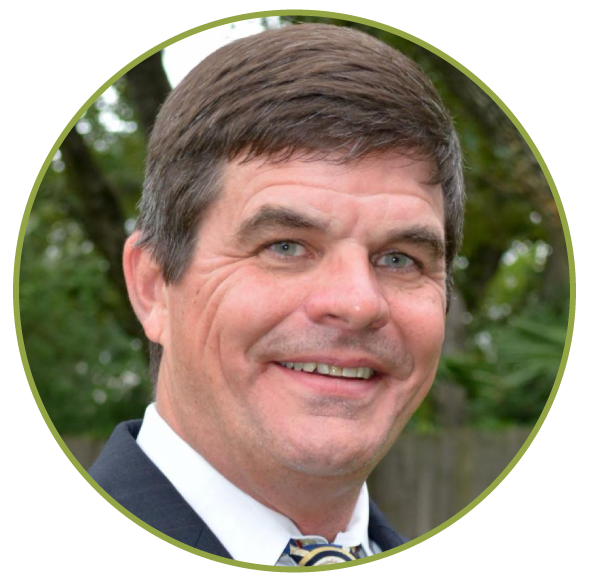COURSE DESCRIPTION
How to Develop an Effective Program Logic Model Part 2: Learning Lab provides participants the information and resources to assist in planning and developing a logic model to describe their program and help guide program evaluation. Part 2, the learning lab, gives participants an opportunity to apply learning from the first webinar to craft a logic model using a case study. Select the View Resource button above to watch the recording. Below are the supplemental materials for this webinar.
PRESENTERS
Kyle Barrington, Ph.D., has over 30 years' experience in the field of substance misuse prevention and treatment. His experiences include being a substance abuse counselor, director of a dual-diagnosis hospital unit for adults and youth, director of an emergency shelter for runaway and homeless youth, and evaluator for local and statewide organizations. Dr. Barrington has extensive experience evaluating the impact of alcohol and drug abuse prevention programs and practices. He has five published, peer-reviewed articles, has been quoted in several scholarly articles, and has conducted over 200 program evaluations.

Nicole Schoenborn, MA, CPS, provides evaluation services for the South Southwest Prevention Technology Transfer Center funded by SAMHSA. Nicole is dedicated to building the capacity of the behavioral health workforce to reduce stigma associated with substance use and mental health issues and make data-informed decisions to improve prevention programs. Prior to joining the PTTC Network, Nicole provided training and technical assistance for SAMSHA's CAPT as a state/tribal liaison and was the Service to Science Lead for the Southwest Resource Team. For over 10 years, Nicole managed the evaluation and quality improvement services to community-based organizations, clinics, and prisons across Oklahoma working to prevent HIV and care for those living with the disease. Nicole has a master's in experimental psychology and is a Certified Prevention Specialist (CPS) through the International Credentialing and Reciprocity Consortium.

